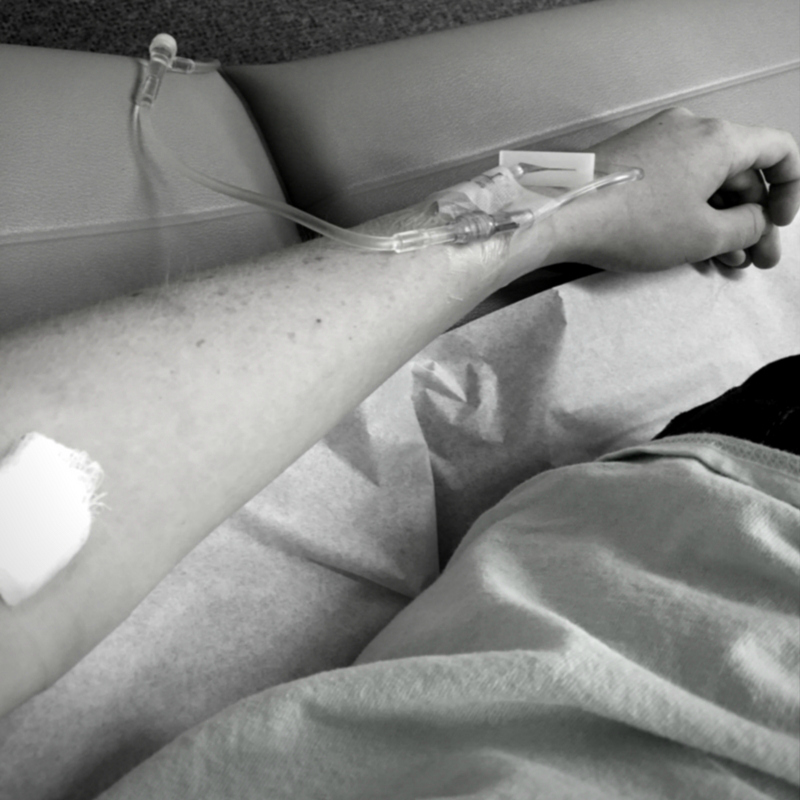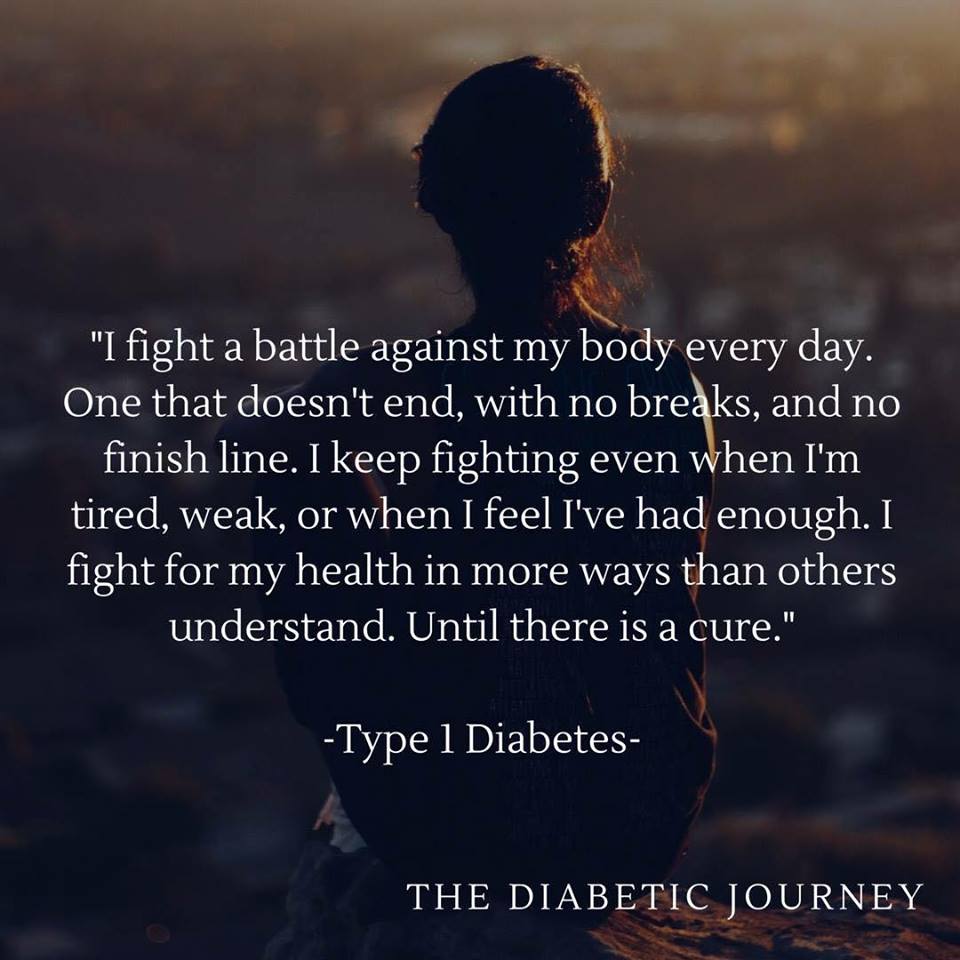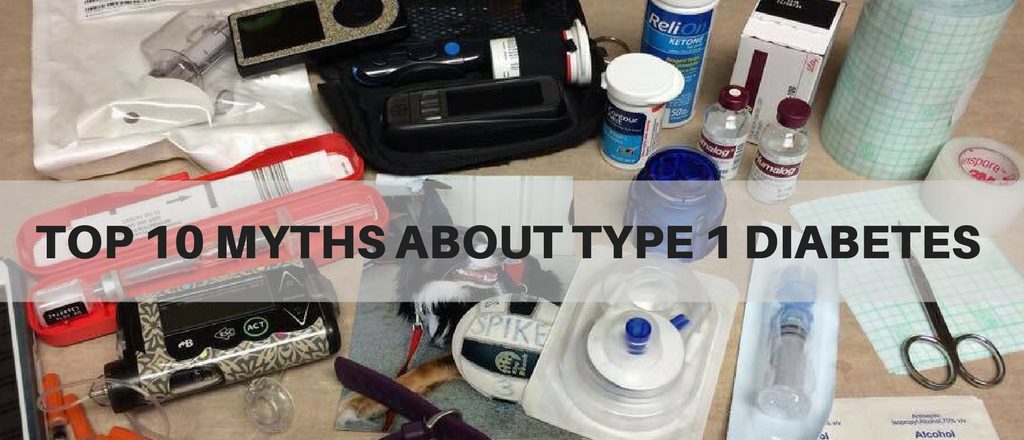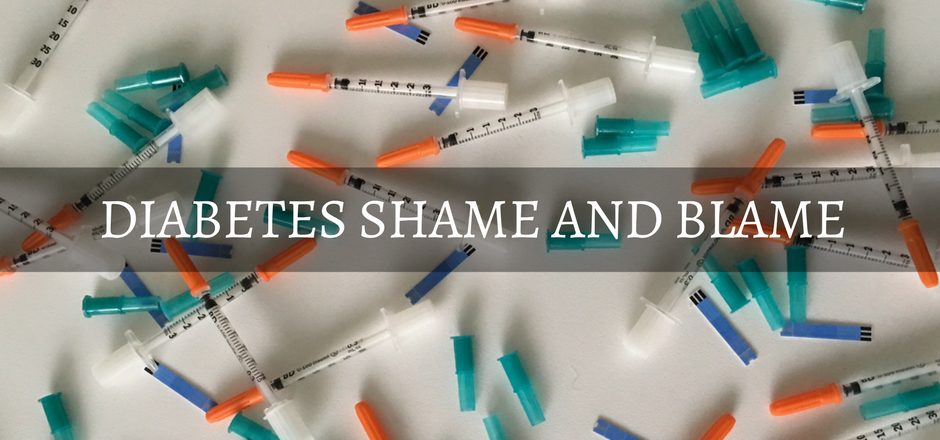It never occurred to me that one day I would wake up sick and never get better.
But here I am.
I have a chronic illness known as type 1 diabetes, that significantly impairs normal activities of daily living. An invisible illness that shows no outward signs, and to the rest of the world – I don’t look sick.
My invisible illness can easily be hidden, as I look healthy like everyone else. A smile can easily disguise any pain or distress that I’ve experienced that day. My clothing can hide the medical devices I need to stay alive.
I never let my invisible illness stand in my way. I’ve adapted and I know how to care for myself. I manage the best I can. Most of the time I just feel like I’m on autopilot as if I’m in “control”. Nobody can tell what I deal with behind closed doors.
It’s when days boil over, I look pale and disorientated, and reaching for sugar nearby. That’s when someone asks “are you alright”? That’s when I say “yes, I’m okay - I’m fixing my blood sugar, it’s low“.
“I hope you get better soon” –
I hear the sound of deep concern and empathy in their voice – I do. I’m sure I would say the exact same thing if I were them. However, as days here and there are better than others. I don’t get better.

“Have you tried [insert herbal remedy or diet]?” –
As much as I appreciate others desire to help, there is unfortunately NO magic potion. In fact, I have had to adjust and make huge lifestyle changes. But no amount of healthy eating, exercise, or herbal remedy will ever eliminate the need for insulin - or cure my diabetes.
“Isn’t it caused by [insert myth]?” –
No, it’s not caused by something that I did. It’s not caused by sugar, lack of exercise, or from being overweight. It’s upsetting feeling blamed for having an illness that I couldn’t have prevented. Diabetes, and so many other invisible illnesses are placed into a isolated bubble of “what we could have done differently” to avoid this. When it could literally happen to anyone.
“My aunt has that and she’s doing just fine” –
I’m happy for anyone who is doing well managing. But reality is – every chronic illness is different for everyone. With type 1 diabetes especially, it often gets confused with type 2 diabetes and its treatment. It’s confusing and irrelevant to talk about how one person with an illness is doing compared to another. With any invisible illness, we all have different body chemistry and hormones. And with diabetes – different sensitivities to insulin.

“Well you’re lucky, it could be a lot worse” –
This is when the guilt kicks in. Yes I’m lucky I’m alive, but everyday is still a life threatening battle. Where no two days are the same. But no matter the good or bad days that I have, I just have to keep going. Have faith, and hope for a cure in the future. Until then, just make everyday count and live beyond this illness.
I’m trying –
It may take more for me to complete the same tasks others do, but I do it anyways. I may not have it all together, but I never give up. Some days I don’t know how I’m going to get through, but I always persevere. I have an invisible illness, and even though my symptoms may not be visible, it’s still there.





